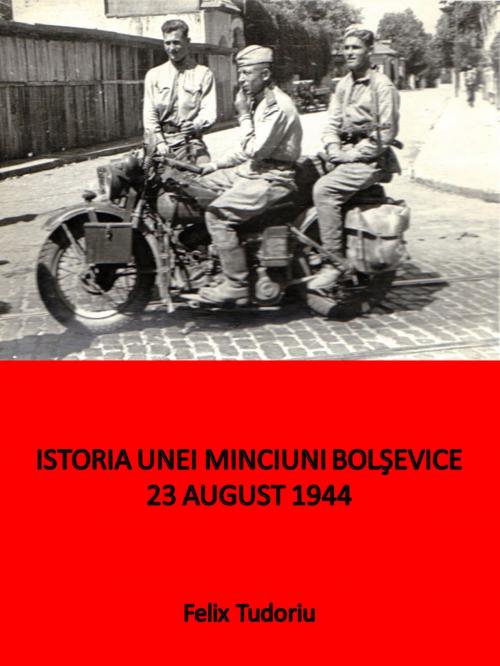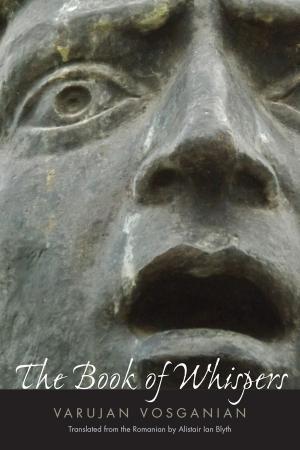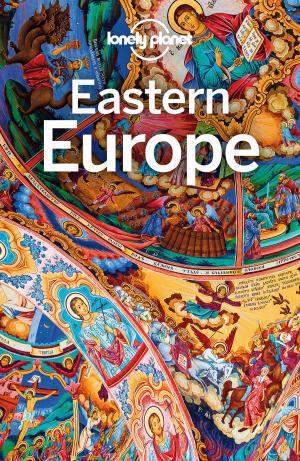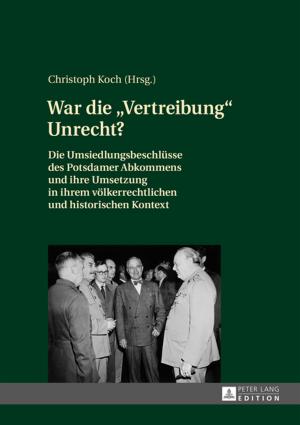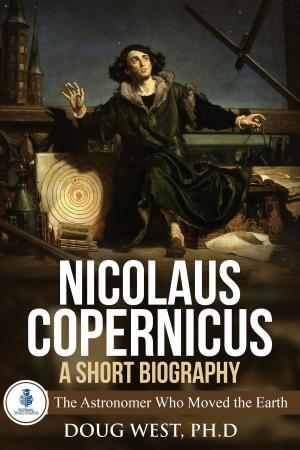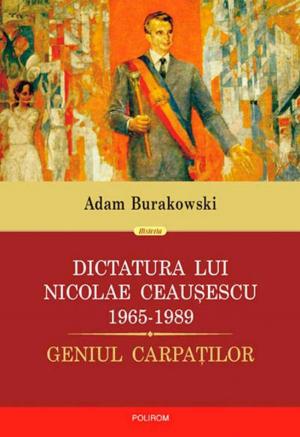| Author: | Felix Tudoriu | ISBN: | 9781310611216 |
| Publisher: | Felix Tudoriu | Publication: | June 2, 2014 |
| Imprint: | Smashwords Edition | Language: | Romanian |
| Author: | Felix Tudoriu |
| ISBN: | 9781310611216 |
| Publisher: | Felix Tudoriu |
| Publication: | June 2, 2014 |
| Imprint: | Smashwords Edition |
| Language: | Romanian |
August 23rd is known as the national day of Romania celebration date while the country was under the communist party leadership. The celebration marked the moment of August 23 1944, when Romania left the alliance with Germany and joined the United Nations in the war against Hitler.
The national celebration and the events organized throughout the day were an expression of the main ideological themes of the Communist Party.
The events were characterised by some constantly invoked themes, such as dialectical materialism and the role of the working class, as well as by various items temporarily found on the political agenda of the communist regime.
For the scope of this research paper we consider the communist regime years in Romania, which lasted from 1945 to 1989, as two distinct periods. Year 1965 marks the transition point between these periods. This is when Nicolae Ceausescu came to power, the dictator which infused the Romanian communist policy with a dose of nationalism unprecedented in the communist world, as well as with a cult of personality not to be found anywhere else except the communist regimes in Asia.
August 23rd is known as the national day of Romania celebration date while the country was under the communist party leadership. The celebration marked the moment of August 23 1944, when Romania left the alliance with Germany and joined the United Nations in the war against Hitler.
The national celebration and the events organized throughout the day were an expression of the main ideological themes of the Communist Party.
The events were characterised by some constantly invoked themes, such as dialectical materialism and the role of the working class, as well as by various items temporarily found on the political agenda of the communist regime.
For the scope of this research paper we consider the communist regime years in Romania, which lasted from 1945 to 1989, as two distinct periods. Year 1965 marks the transition point between these periods. This is when Nicolae Ceausescu came to power, the dictator which infused the Romanian communist policy with a dose of nationalism unprecedented in the communist world, as well as with a cult of personality not to be found anywhere else except the communist regimes in Asia.
